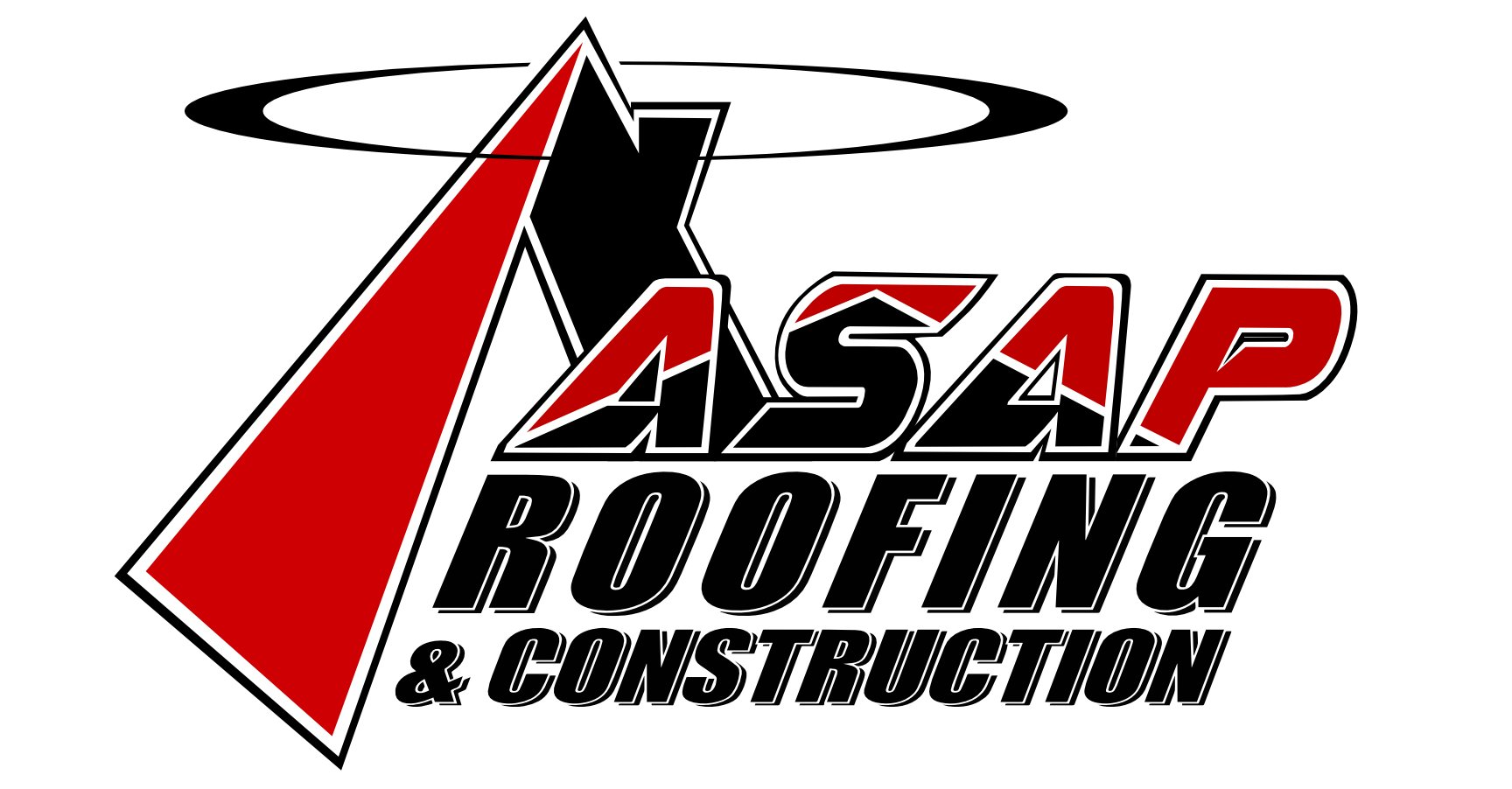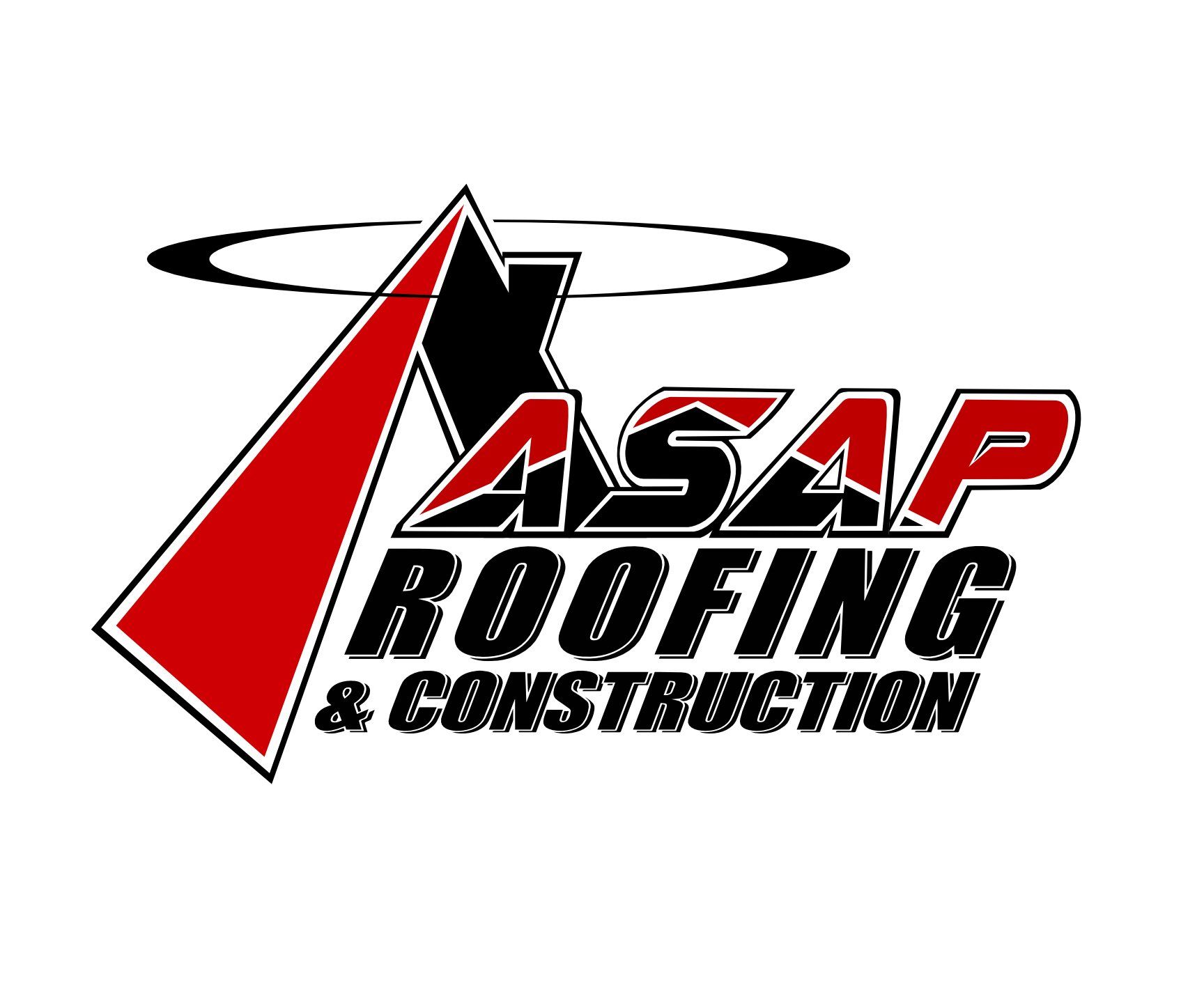Asphalt Shingle Roofing
Asphalt Shingle Roofing Experts
ASAP Roofing Rockwall will often recommend fiberglass asphalt shingles. Asphalt shingles are the most popular roofing materials – not only because they’re less costly than wood shingles, wood shake, tile roofing, metal roofing or slate, but also because their guaranteed life span pits them favorably against competitive product. Hence, ASAP Roofing provides numerous shingle roofing varieties for your Rockwall asphalt shingle roofing needs.
Each shingle version and variety has its unique pros and cons and we will provide a free consultation to select the ideal shingle solution for your unique roofing needs for both residential and commercial options. Asphalt shingles make roof repair easy and affordable.
Material Construction
The asphalt shingles that ASAP Roofing installs in Rockwall are composed of: a base material, usually a fiberglass mat that provides support for the weather-resistant components and gives a shingle strength. This is coated with a mixture of asphalt and fillers. Subsequently, colored mineral granules are then distributed on the top of the shingle when the asphalt is still hot. The mineral granules, besides providing color options, provide protection from UV degradation, impact, and improves fire resistance.
The most common form of asphalt shingles installed in Rockwall in the past are known as 3-Tab, or Strip, shingles. They are rectangular, the most prevalent size being 12 inches wide by 36 inches long. Metric shingles are 13 1/4 inches by 39 3/8 inches. Strip shingles, most frequently, have three tabs that are exposed along the length of the shingle for visual effect.
As a popular option in Rockwall and surrounding areas including: Tyler, Longview, Nacogdoches, Texarkana, and Palestine - home owners also love Architectural or Laminate asphalt shingles that contain no cutouts. Their lower portions are laminated with an additional asphalt layer. This creates the contoured, dimensional look that gives them their name and popularity. Asphalt sealant bonds the layers, reinforcing the shingles’ waterproof capability. This type of shingle is rapidly becoming the most popular style of asphalt shingle installed in this country due to its more attractive look, increased durability, storm resistance, and better warranties provided by manufacturers.
The cost of the asphalt shingles in Rockwall is higher for thicker product. The thicker the shingles are the longer they will last and the more attractive they look.
Both, 3-tab asphalt shingles and laminated asphalt shingles, contain a strip of factory applied adhesive that is activated by the sun’s heat after installation and seals each shingle to the course below it. The seal strip also provides much of a shingle’s resistance to wind uplift. Shingles with factory-applied adhesive have a strip of clear polyester film applied to each shingle to prevent the sealing strips from bonding the shingles together when packaged. The plastic film strips do not have to be removed during the installation of the shingles.
Roof Deck
Shingles should be applied over continuous or closely spaced wood plank decking or wood decking in Rockwall. The most common materials used for roof decks is plywood or oriented strand board (OSB). The sheathing should be a minimum of 15/32 inch thick or 1/2 inch nominal exterior-grade.
Underlayment
Underlayment (or ‘felt paper’ as it is frequently called) is installed over the roof deck before the application of asphalt shingles. An underlayment performs two primary functions: it provides temporary weather protection until the asphalt shingles are installed and it provides a secondary weatherproofing barrier in the event moisture infiltrates the asphalt shingles.
It is not uncommon in the Rockwall area for it to rain after the contractor installs underlayment but before he installs the asphalt shingles, as well as surrounding areas of Tyler, Longview, Nacogdoches, Texarkana, and Palestine . The underlayment gets wet and may become wrinkled. If the wrinkling isn’t severe enough to affect the shingle installation (i.e. the wrinkling won’t telegraph through the shingles and they won’t appear buckled or wavy once installed), the underlayment probably can remain in place. The effects of wrinkling also will be minimized when using heavier weight shingles.
Asphalt saturated, non-perforated organic felts are among the most common underlayment used for shingles; they are commonly designated as Type 15 and Type 30, or referred to as No. 15 and No. 30, which are reflective of a once used pound per square weight designation. The terms Type I and Type II now are used within the industry in lieu of No. 15 or No. 30, respectively.
Another type of underlayment is a synthetic underlayment. It is characterized as being lightweight, water-resistant, and less likely to wrinkle; having high tear strength; and being easier to walk on—even when wet. Theoretically, the product may be left exposed to the elements for extended periods of time.
Fasteners
Roofing nails in Rockwall should be 11-gauge or 12-gauge galvanized steel or the equivalent corrosion-resistant roofing nails. Nail heads should be low-profile, smooth, and flat. Shanks should be barbed or otherwise deformed for added pull-out strength. Nails should be long enough to penetrate through all layers of roofing materials and extend through the underside of the roof deck or penetrate at least 3/4 inch into wood plank or board decks.
Flashing
Flashings for asphalt shingle roof systems fall into four categories:
- Perimeter Edge Metal: Depending on the severity of climate, anticipated rainfall and freeze-thaw cycling, the use of perimeter edge metal should be considered.
- Penetrations: Plumbing soil stacks, exhaust vents and pipes are flashed into asphalt shingle roof systems with some type of flat flange that extends around a penetration and is installed under shingles on the upslope of a flange.
- Valleys: Valleys that are called ‘open valleys’ are typically lined with sheet metal. ASAP Roofing lines all valleys with metal flashing.
- Vertical Surfaces: When a roof system abuts a vertical surface, there are four types of flashing commonly used: apron, step, cricket (or backer), and counter-flashing.
Warranties
When purchasing a new roof system, there will be two warranties to consider. First, there will be the manufacturer’s warranty. In general, these warranties cover defects in the manufacture of the roof covering. The period of coverage can range from 20 years to a lifetime. ASAP Roofing Roofing & Restoration provides a 5-year installation warranty.
We Are Certified Roofers
We Are Certified Roofers
Get a free consultation
ASAP Roofing and Rockwall
5340 Rochelle Road,
Rockwall, TX 75032
All Rights Reserved | ASAP Roofing Rockwall







